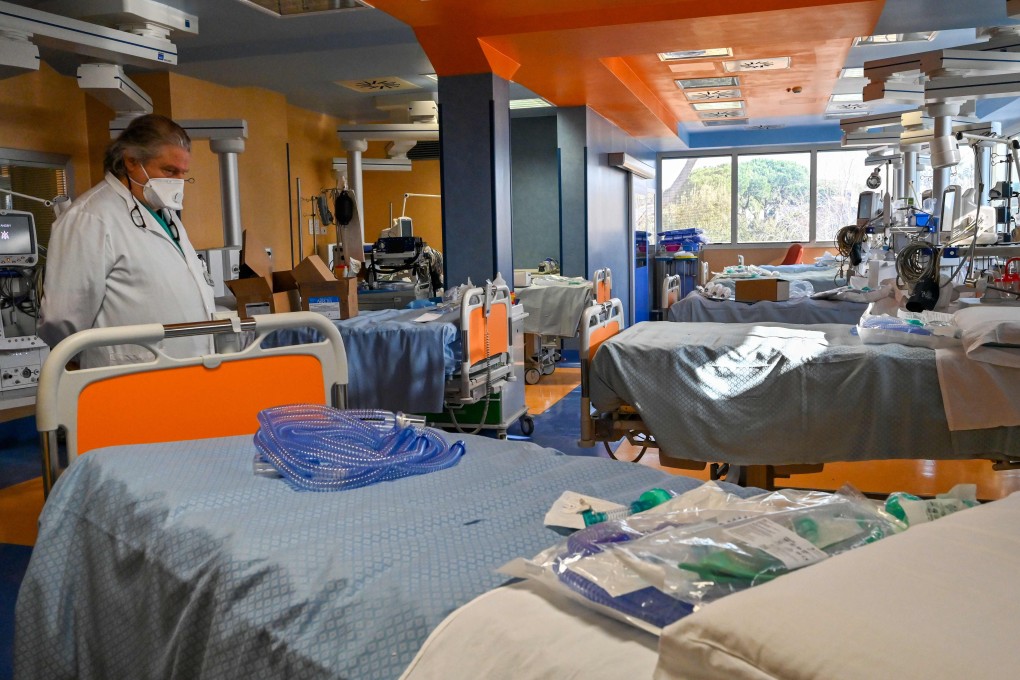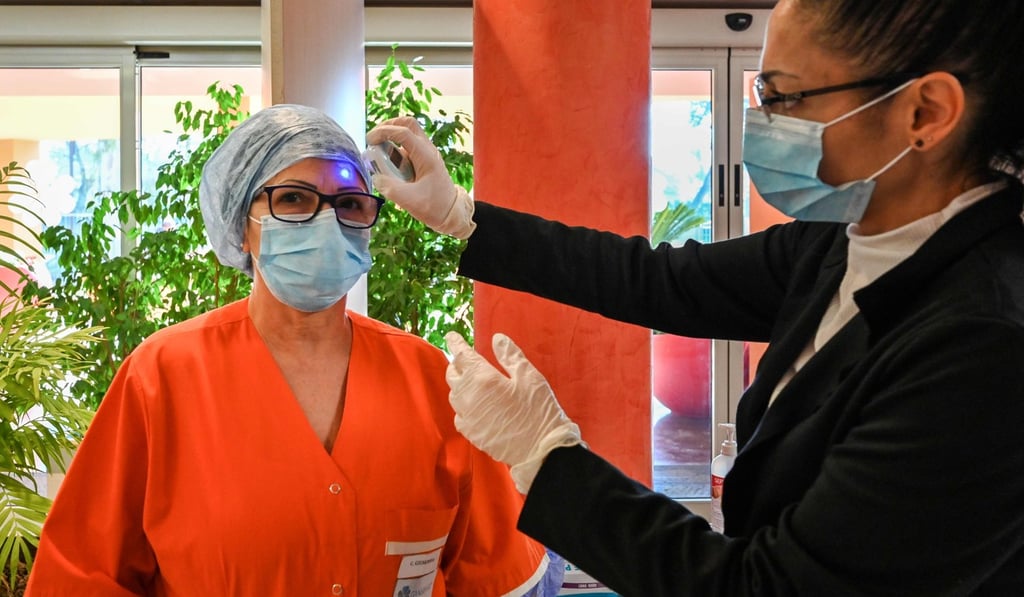Advertisement
Coronavirus: Italy says 99 per cent of people who died had other illnesses
- Italian health authorities are looking into medical records to understand why the country’s death rate is so high
- The average age of those who died is 79.5 and over three-quarters of them had high blood pressure while about a third had diabetes
Reading Time:2 minutes
Why you can trust SCMP

More than 99 per cent of Italy’s coronavirus fatalities were people who suffered from previous medical conditions, according to a study by the country’s national health authority.
After deaths from the virus reached more than 2,500, with a 150 per cent increase in the past week, health authorities have been combing through data to provide clues to help combat the disease’s spread.
Prime Minister Giuseppe Conte’s government is evaluating whether to extend a nationwide lockdown beyond the beginning of April, daily La Stampa reported on Wednesday. Italy has more than 31,500 confirmed cases of the illness.
Advertisement
The new study could provide insight into why Italy’s death rate, at about 8 per cent of total infected people, is higher than in other countries.

Advertisement
The Rome-based institute has examined medical records of about 18 per cent of the country’s coronavirus fatalities, finding that just three victims, or 0.8 per cent of the total, had no previous pathology.
Advertisement
Select Voice
Choose your listening speed
Get through articles 2x faster
1.25x
250 WPM
Slow
Average
Fast
1.25x